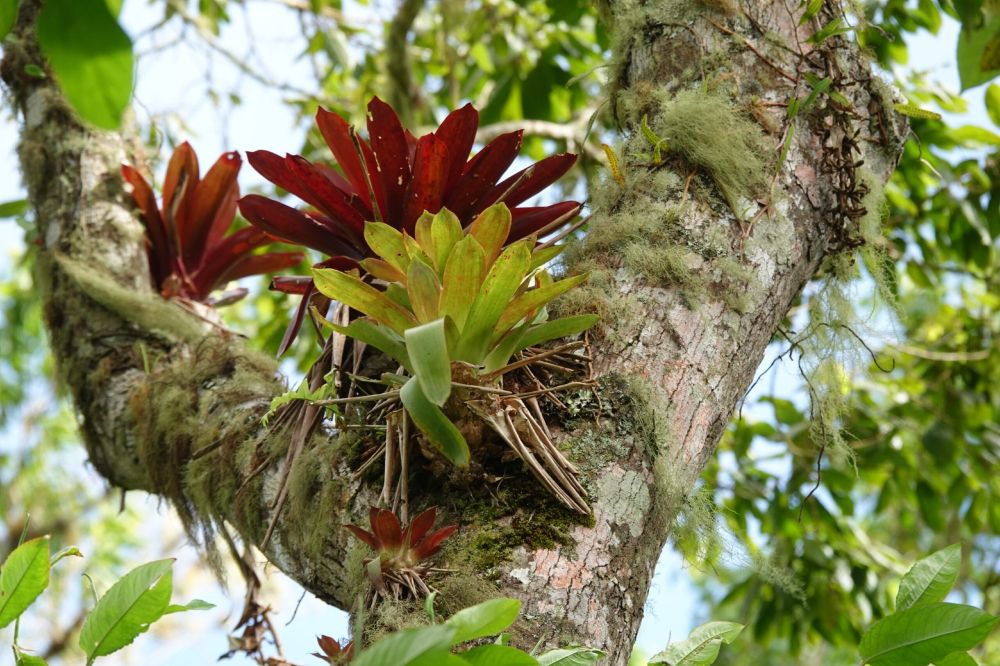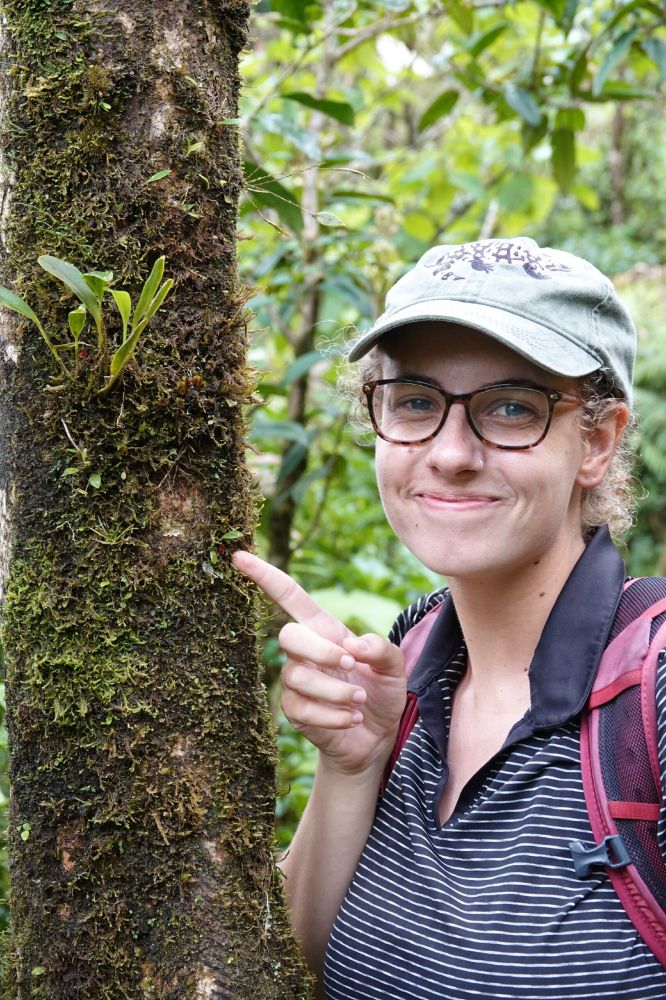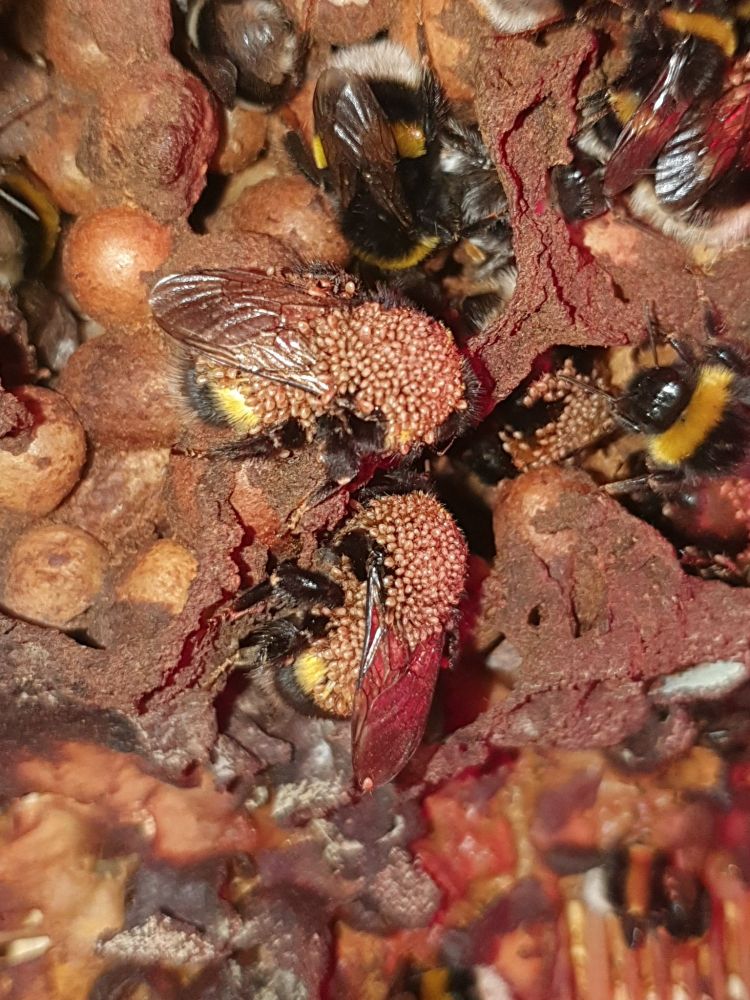Peter Graystock
@pgraystock.bsky.social
1.5K followers
1.5K following
24 posts
Researcher of host-microbe interactions in animal systems with a focus on social insects & pollinators Imperial College London. #bees #wheat #holobiont #parasite #spillover #directed evolution
Posts
Media
Videos
Starter Packs
Reposted by Peter Graystock
Reposted by Peter Graystock
Reposted by Peter Graystock
Reposted by Peter Graystock
Reposted by Peter Graystock
Vida Svahnström
@vidasplants.bsky.social
· Jun 13
Reposted by Peter Graystock
Reposted by Peter Graystock
Reposted by Peter Graystock
Reposted by Peter Graystock
Reposted by Peter Graystock
Reposted by Peter Graystock
Avery Russell
@draverbee.bsky.social
· Oct 24

Learning to handle flowers increases pollen collection for bees but does not affect pollination success for plants
Pollinator learning often increases flower handling efficiency and food collection (e.g. pollen or nectar), but whether learning thereby reduces pollinatio
academic.oup.com
Reposted by Peter Graystock























